The current situation on the real estate market is not the most favourable for developers. Can times of crisis provide opportunities for successful projects?
Today, developers are faced with higher interest rates and stricter building regulations, which while strengthening sustainability nonetheless do increase costs and thus complicate the situation. We are now also experiencing slow economic growth, meaning that it is reasonable for developers to try to cut costs. A developer launching a new project now must be a visionary with the financial backing to complete the project in time for the period that will come after the current economic doldrums. The economy and the property market are highly cyclical. Professional developers and investors understand this. They deliver projects that meet expectations on the demand side, but also on the ESG side.
How has the situation in the world of property development changed compared to last year?
Last year, central banks, primarily the European Central Bank (ECB), raised interest rates several times, but this year the mood has changed. We are hearing now that banks are cutting interest rates, although not as quickly as expected at the beginning of the year. Inflation has not yet been defeated, so it seems most likely that we will not start seeing rate cuts until 2025 at the earliest, but when they do come they could be considerable. It is precisely this that serves as an opportunity for investors, I mean to invest now, at a time when we can see the light at the end of the tunnel.
At Mint Investments you are responsible for new acquisitions. In order for them to be successful, you also need to have vision. What helps you in this?
First and foremost, our twenty years of experience. We are strong because our portfolio of activities in the Czech Republic and Slovakia allows us to take advantage of opportunities in these markets. For example, we have slowed down the purchase of commercial properties and focused on buying residential projects for the fund at attractive prices. We have also resumed development in the Czech Republic. In Prague, we have one last apartment to sell in our project, which was approved for occupancy in October 2023. I would say that today we benefit from Mint’s structures. The company has a wealth of knowledge about real estate throughout the ownership cycle, from acquisition, asset management and financial management to understanding not only technology but also ESG. All of this helps us to continue to grow.
You have worked in large international companies. What benefit do you draw from that experience today?
Experience gained in an international company is a great help in business. Companies teach you how to stick with a strategy and to not underestimate any aspect of the investment. For example, they taught me that whatever project I invest in, I need to identify its liquidity: who will be interested in buying this project once the business plan is done, or who is my customer for this particular apartment? It forces you to think about both macro and micro economics, which adds a whole other dimension to our work. It’s challenging, but it also makes you a business strategist who can stay in the game.
What special projects are you currently working on?
Our two flagship projects at the moment are the Mint Residential Fund and Metropolis. Both are special for us because we launched them a few months after the outbreak of the coronavirus pandemic. At the time, we seriously considered postponing the launch of these projects. However, our analysis and confidence told us that this was the right time to launch them. The situation seemed quite aggressive at the time, but we knew that people stuck at home longed for a new, better place to live. Of course we knew there was a risk, but we went ahead anyway.
The centre of Bratislava is witnessing the emergence of one of the most distinctive residential projects. What is the essence of Metropolis and how did you reconcile your vision with reality?
Metropolis brings something that will be a luxury in the residential segment in the 21st century. The project has its own architectural identity. The apartments are not only efficient, but they are also the perfect size. They provide really good living. The development has the latest technologies for heating, shading, air conditioning and heat recovery. They are all controlled by an app. They will ensure the highest levels of cleanliness, comfort and low running costs. The project’s location will allow residents to walk or cycle to work or entertainment. The residents of Metropolis will be able to concentrate on their own lives and their families.
What else makes the Metropolis building special?
Our architects, led by Juraj Sonlajtner, are exceptionally talented and fully understood our expectations. As a result, they have designed a residential building that will become an icon of the Bratislava skyline. The economics of the whole project are configured sensibly yet we didn’t skimp on materials or technology.
How does Metropolis fit into the chic location of Bratislava’s city centre and what does it bring to the people, the city and the environment?
The project has received the highest possible ratings and will contribute to the long-term reduction of harmful emissions, including carbon dioxide, in the centre of Bratislava thanks to significantly reduced energy consumption. At the same time, the architecture of our project, as well as other projects already completed or under construction, will be an inspiration for residents and visitors to the centre of the Slovak capital. They can be proud that Bratislava is a leader in modern architecture in the whole of Europe.
When will you be able to show this M-shaped architectural gem to the public in all its glory? When do you plan to hand over the apartments?
In the third quarter of this year. That’s when we'll be handing over the keys to the new residents. I am looking forward to that immensely.
Did you run into any problems during implementation due to the pandemic, war, inflation, and more expensive mortgages? How did you cope with the crisis periods?
The beginnings were indeed difficult because the pandemic and the resulting health restrictions for the workers affected the project. There were also some bombs found in the ground. Problems were caused by the higher level of the Danube. Then came the war in Ukraine, high inflation and interest rates. But we managed it all. Metropolis will definitely remain one of the strongest memories from my career.
What is the future of property development in Slovakia?
I’m sure it will be big. The market is not saturated. The developers working in Slovakia are among the most professional in Europe. Moreover, Bratislava still has plenty of land available for further development, in very desirable locations. Slovaks have a lot to look forward to.
Source: Trend.sk
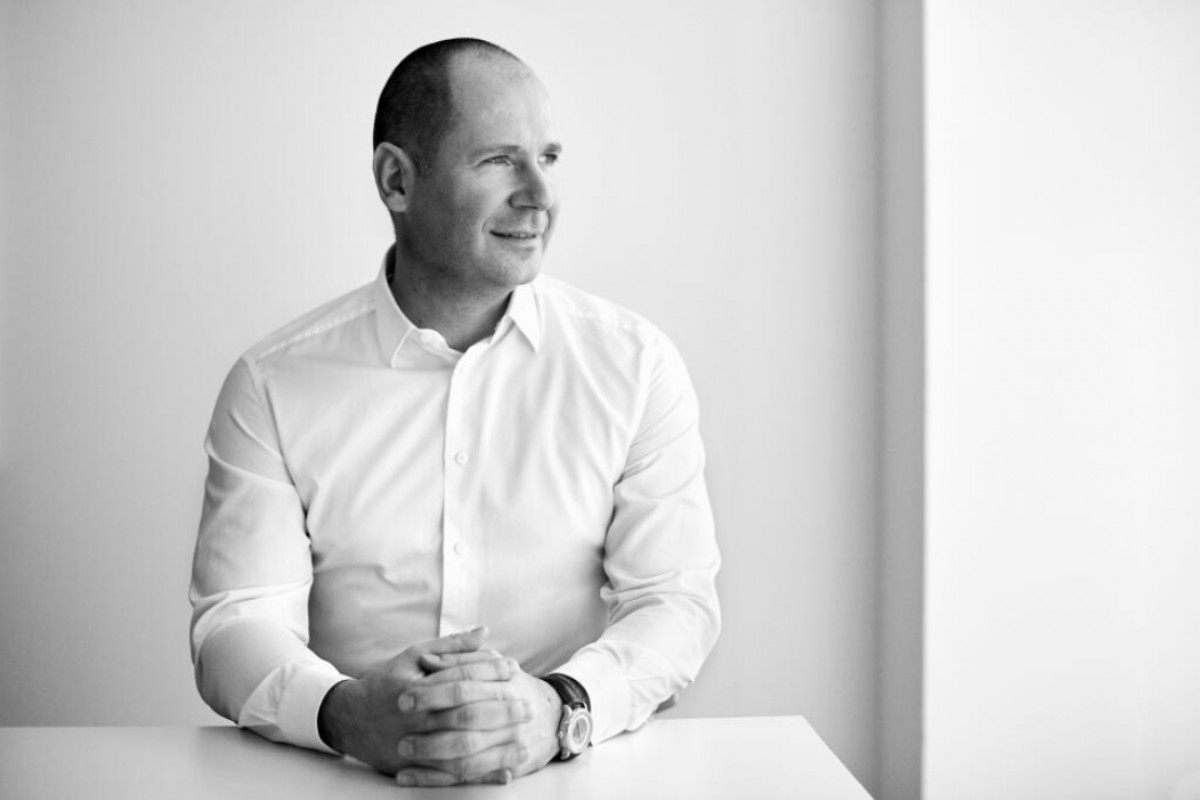
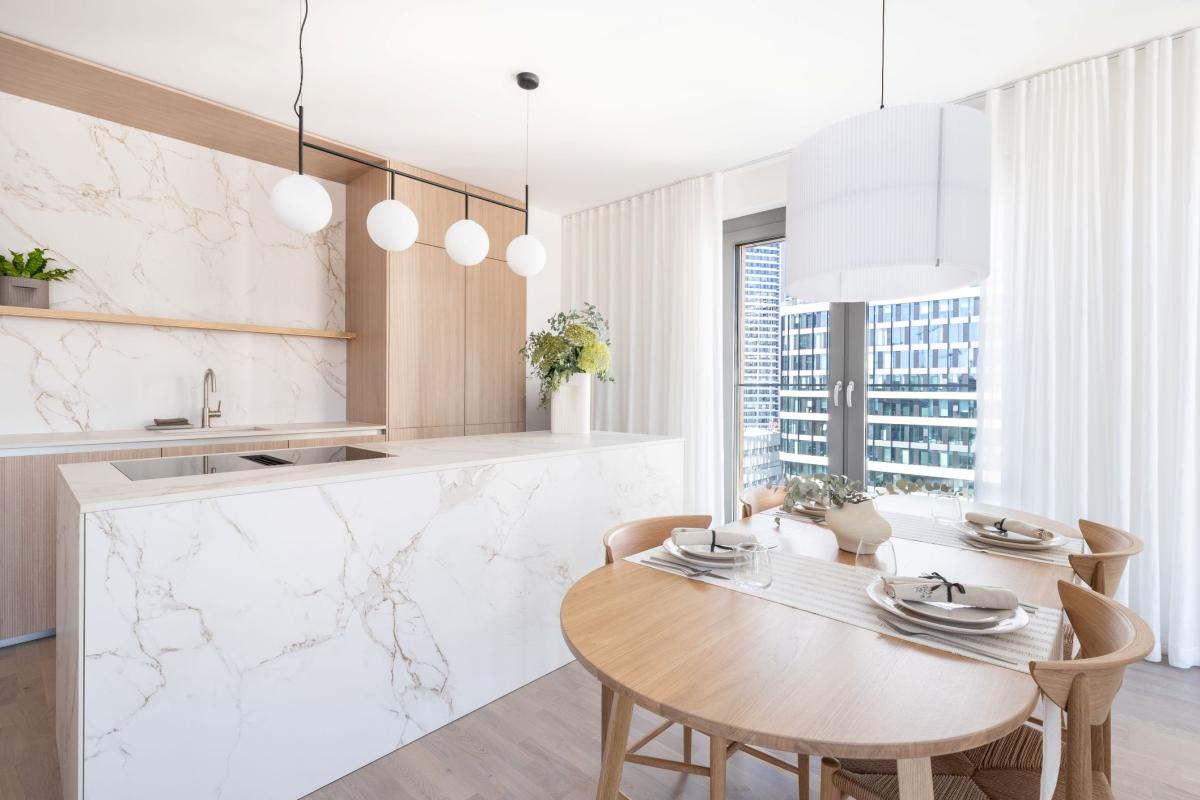 Bratislava as a Central European gem, where Metropolis offers a luxurious and secure home, a reliable investment, a prime address, healthy living and modern technologies.
Bratislava as a Central European gem, where Metropolis offers a luxurious and secure home, a reliable investment, a prime address, healthy living and modern technologies.
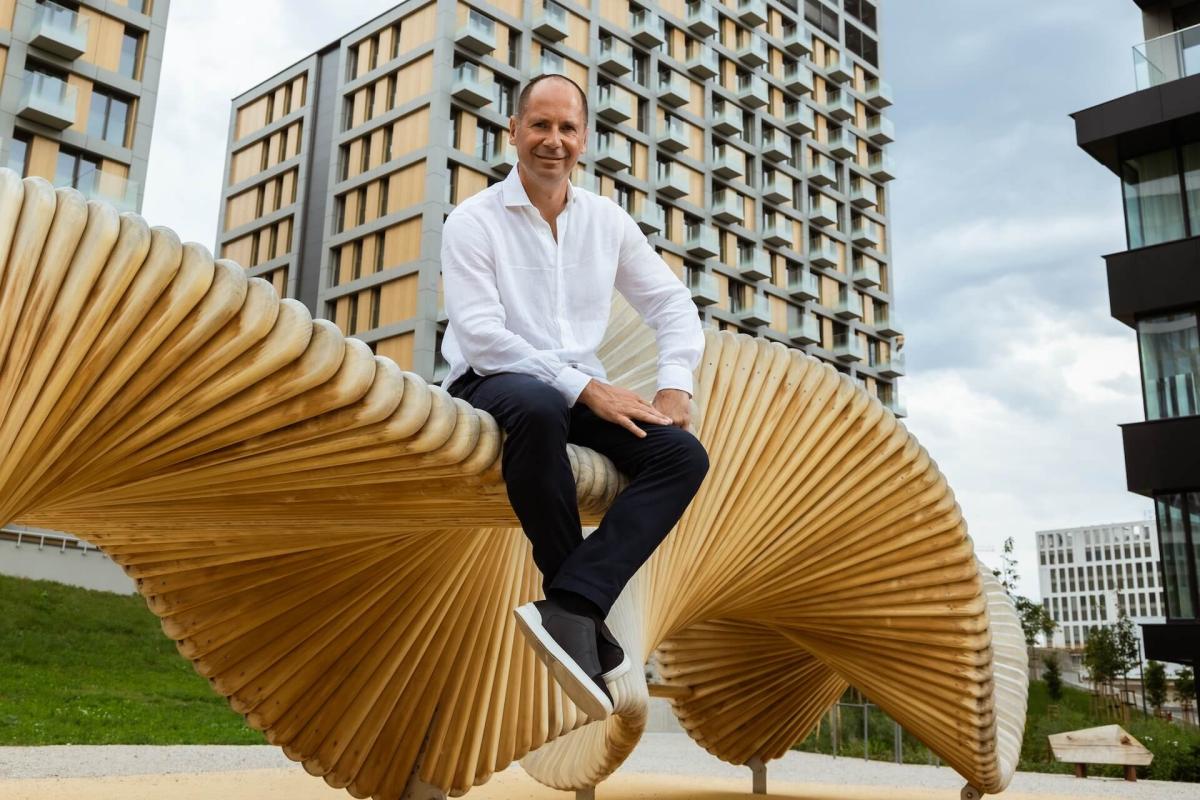 Sebastien Dejanovski: Slovak clients are more demanding than Czech clients.
Sebastien Dejanovski: Slovak clients are more demanding than Czech clients.
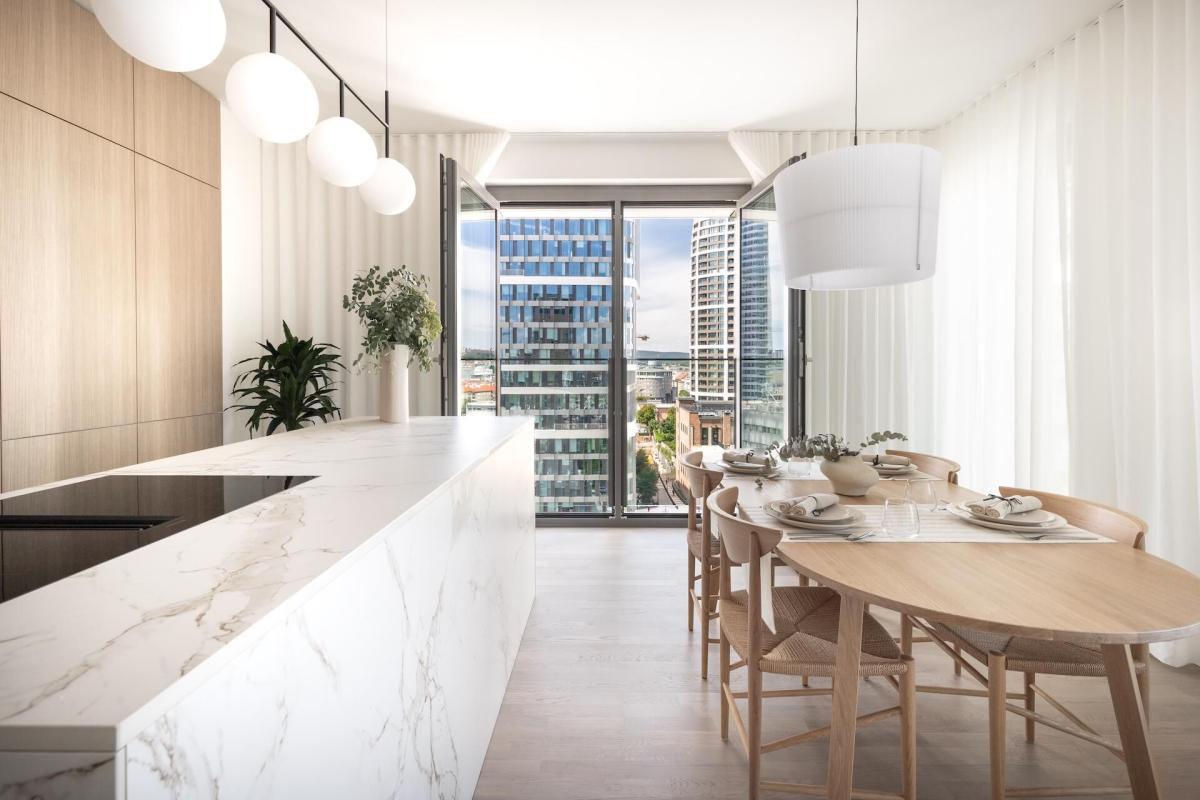 Family Living in Bratislava’s New Downtown? Buying an Apartment Pays Off More Than Renting
Family Living in Bratislava’s New Downtown? Buying an Apartment Pays Off More Than Renting
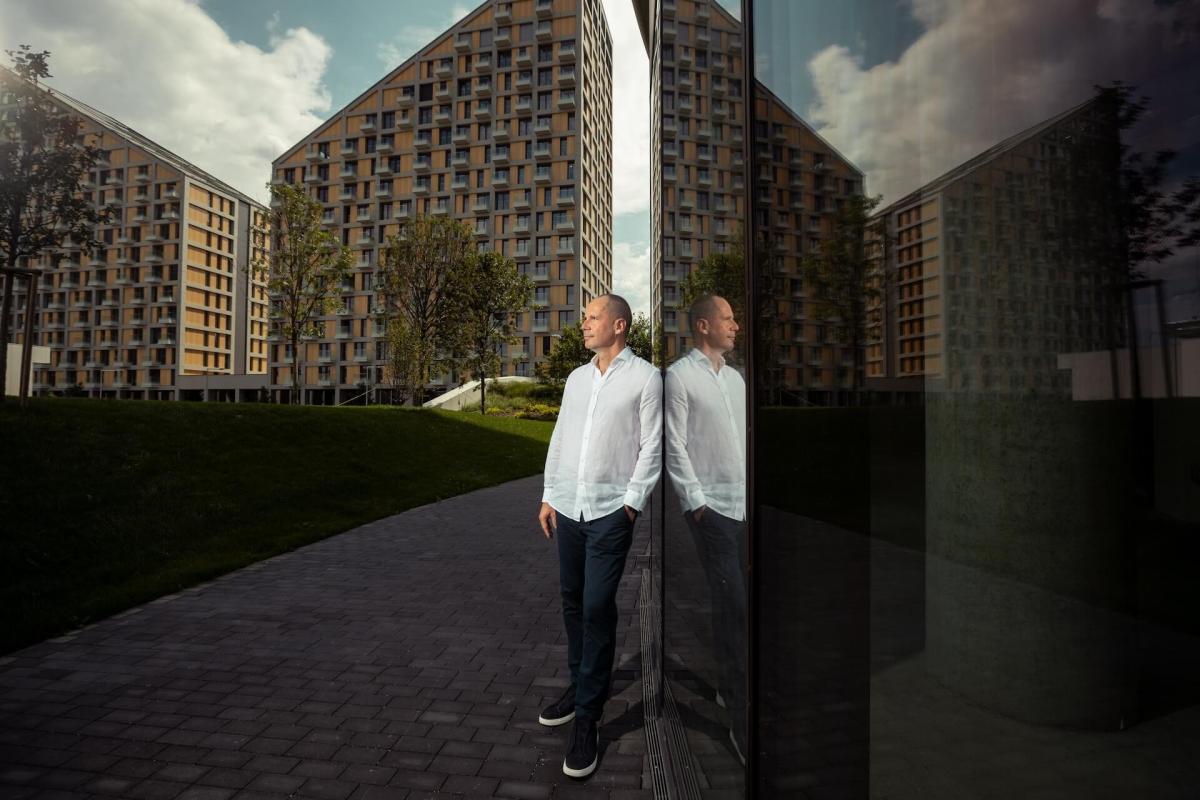 Sebastien Dejanovski: Sajfa Represents Metropolis Buyers, and We’re Open to Further Investment in Bratislava
Sebastien Dejanovski: Sajfa Represents Metropolis Buyers, and We’re Open to Further Investment in Bratislava
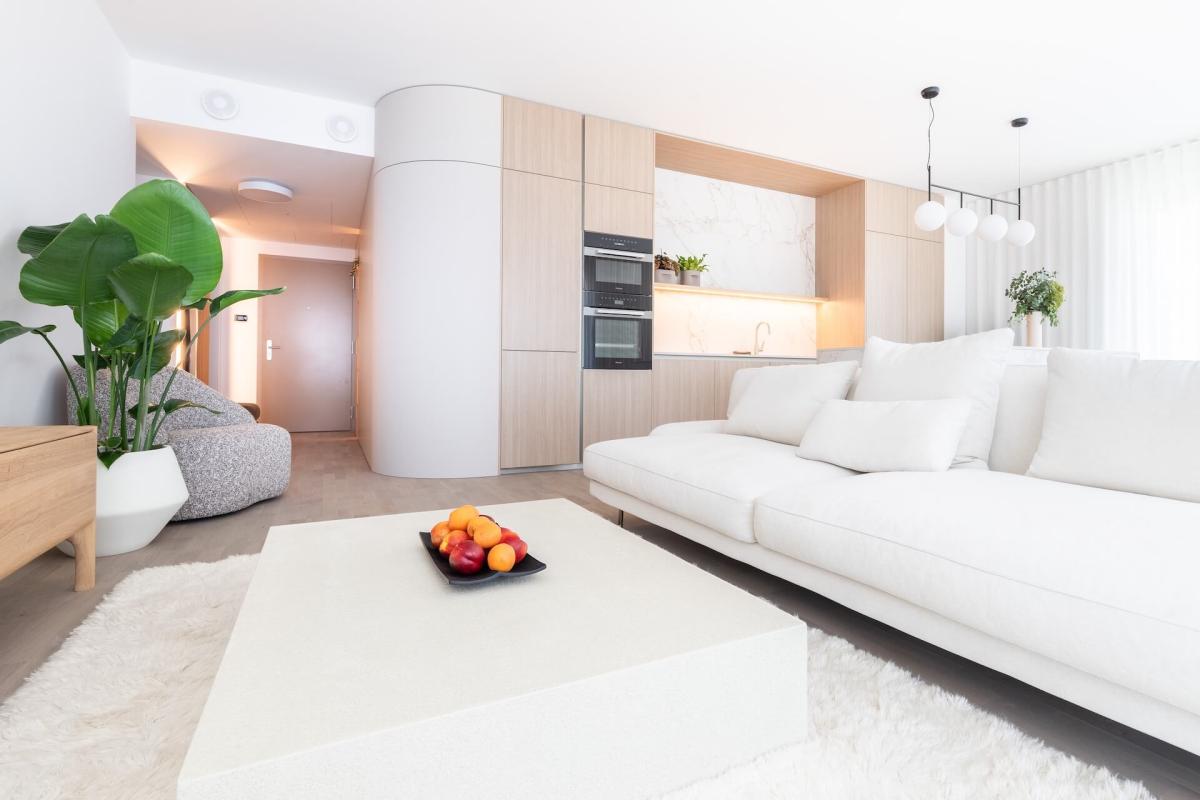 Ceiling Cooling: Invisible Comfort You'll Fall in Love With
Ceiling Cooling: Invisible Comfort You'll Fall in Love With
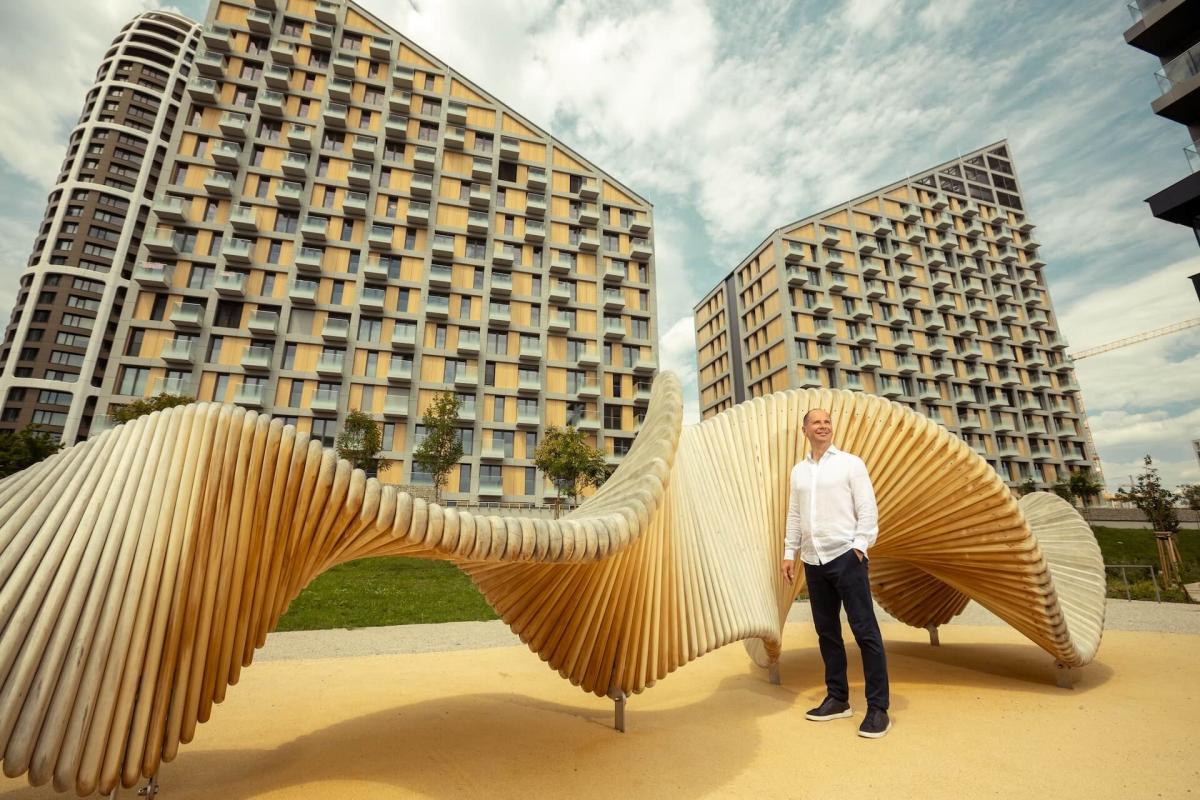 Metropolis was built with the same care and vision as if we were building it for ourselves.
Metropolis was built with the same care and vision as if we were building it for ourselves.
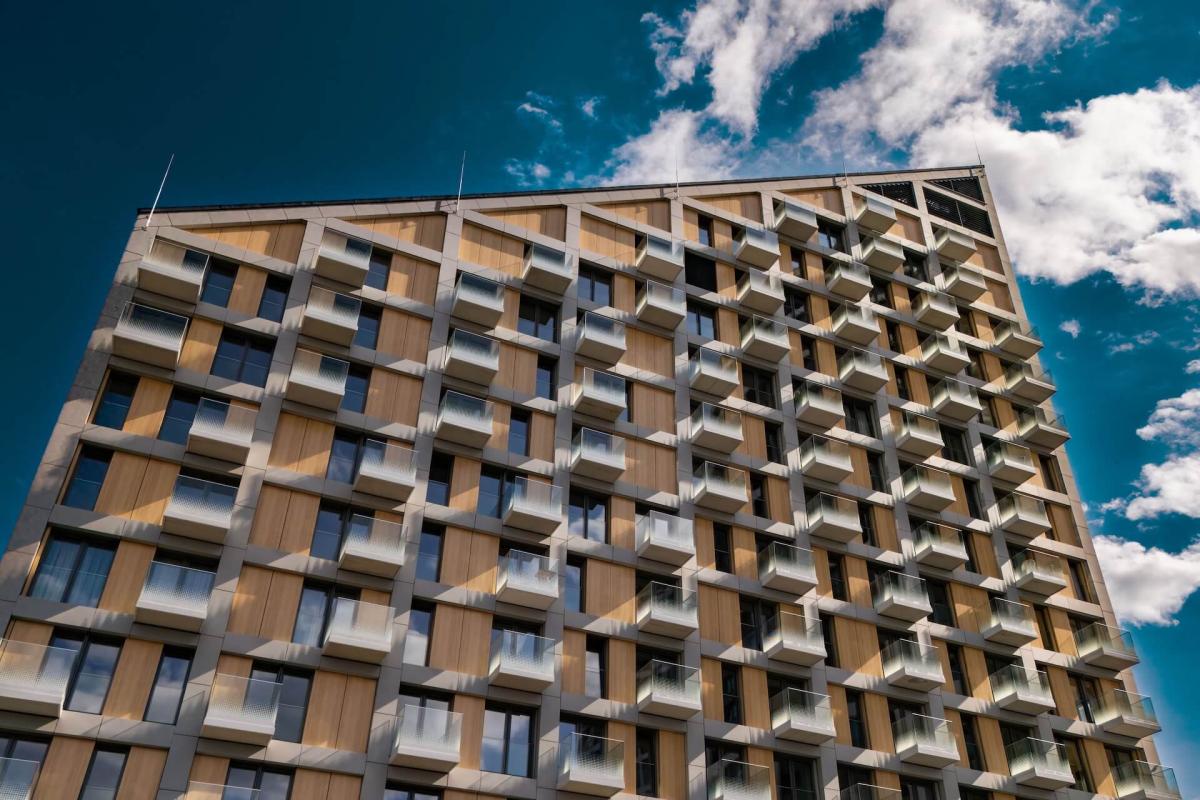 Luxury Worth €60 Million: Only 20% of Apartments Still Available in Bratislava's Metropolis
Luxury Worth €60 Million: Only 20% of Apartments Still Available in Bratislava's Metropolis
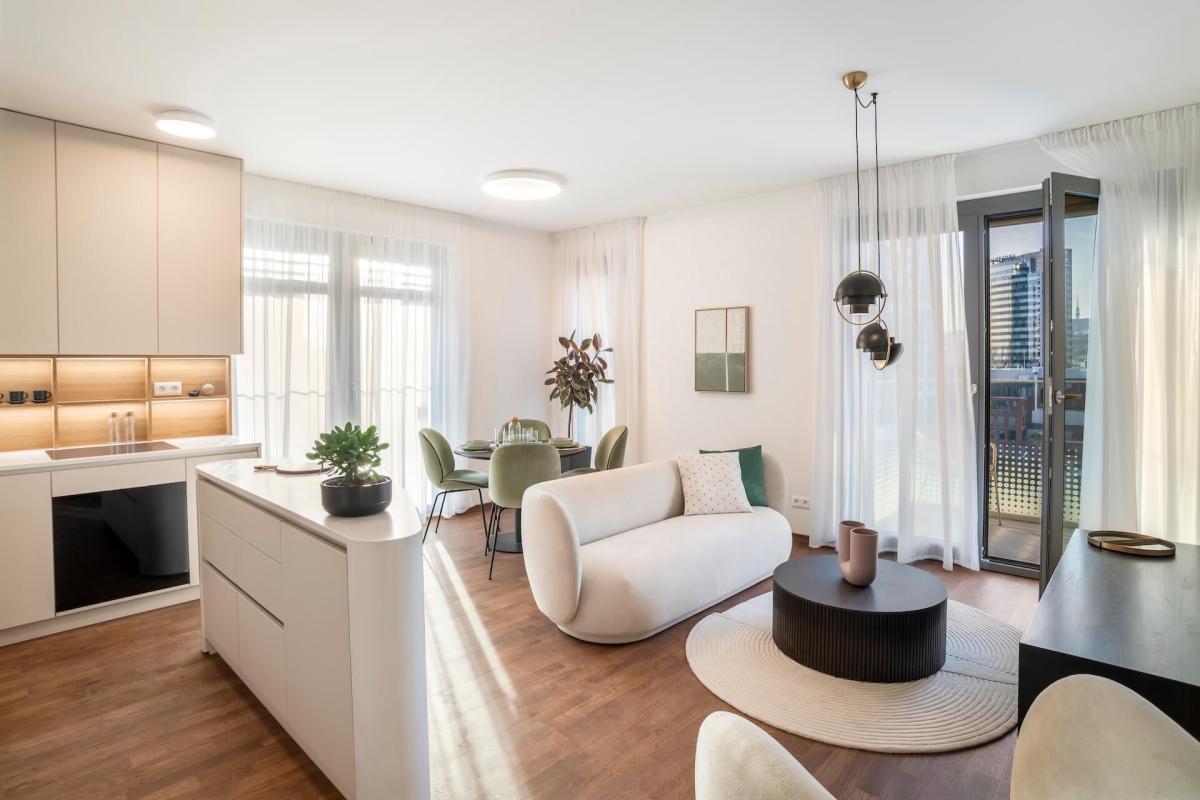 Why Upgrading to a New-Build Home Makes More Sense Than Ever
Why Upgrading to a New-Build Home Makes More Sense Than Ever